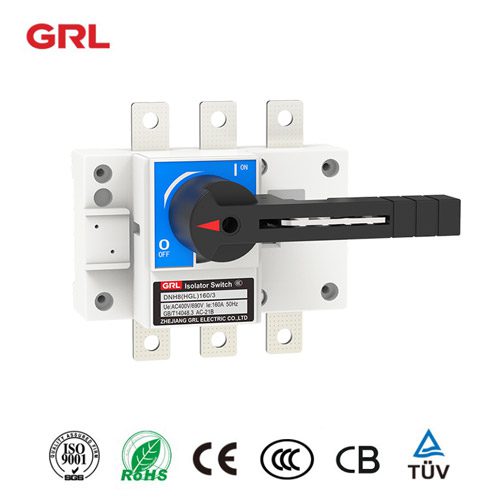Load Break Switch: Essential Components for Electrical Safety
July 21, 2025 | News | No Comments

# Load Break Switch: Essential Components for Electrical Safety
Keyword: Load Break Switch
## Understanding Load Break Switches
Load break switches (LBS) are crucial components in electrical distribution systems, designed to safely interrupt and isolate electrical circuits under load conditions. These devices play a vital role in maintaining system reliability and protecting both equipment and personnel from electrical hazards.
## How Load Break Switches Work
Unlike circuit breakers that can interrupt fault currents, load break switches are specifically designed to:
– Make and break load currents
– Provide visible isolation points
– Withstand normal operating currents
– Handle short-circuit currents for a specified time
The switching mechanism typically consists of moving contacts that separate within an insulating medium (air, oil, or gas) to extinguish the arc created during interruption.
## Key Features of Quality Load Break Switches
Modern load break switches incorporate several important features:
### 1. Visible Isolation
Most LBS units provide clear visual confirmation of the contact position, ensuring operators can verify whether the circuit is open or closed.
### 2. Arc Control Mechanisms
Advanced designs include arc chutes or other methods to quickly extinguish the arc during switching operations.
### 3. Safety Interlocks
Many models feature mechanical interlocks to prevent improper operation sequences that could create hazardous conditions.
### 4. Robust Construction
High-quality materials and construction ensure long service life even under frequent operation cycles.
## Applications in Electrical Systems
Load break switches find widespread use in various electrical applications:
### Distribution Networks
– Substation feeder circuits
– Transformer primary and secondary protection
– Sectionalizing points in distribution lines
### Industrial Facilities
– Motor control centers
– Process equipment isolation
– Maintenance safety points
### Renewable Energy Systems
– Solar farm disconnects
– Wind turbine isolation points
– Energy storage system protection
## Maintenance and Safety Considerations
Proper maintenance of load break switches is essential for reliable operation:
– Regular visual inspections for signs of wear or damage
– Periodic lubrication of moving parts (where applicable)
– Verification of contact resistance
– Testing of mechanical operation
– Checking for proper alignment of contacts
Safety protocols should always be followed when operating load break switches, including proper personal protective equipment and adherence to lockout/tagout procedures.
## Choosing the Right Load Break Switch
When selecting a load break switch for your application, consider:
– Voltage rating
– Current rating
– Short-circuit withstand capability
– Environmental conditions
– Switching frequency requirements
– Mounting configuration
– Compliance with relevant standards (IEC, ANSI, etc.)
Consulting with electrical engineers or switchgear specialists can help ensure you select the most appropriate device for your specific needs.
## The Future of Load Break Switch Technology
As electrical systems evolve, load break switch technology continues to advance with:
– Smart monitoring capabilities
– Remote operation features
– Improved materials for higher performance
– Integration with digital protection systems
– Enhanced environmental resistance
These innovations promise to deliver even greater reliability and safety in electrical distribution systems worldwide.